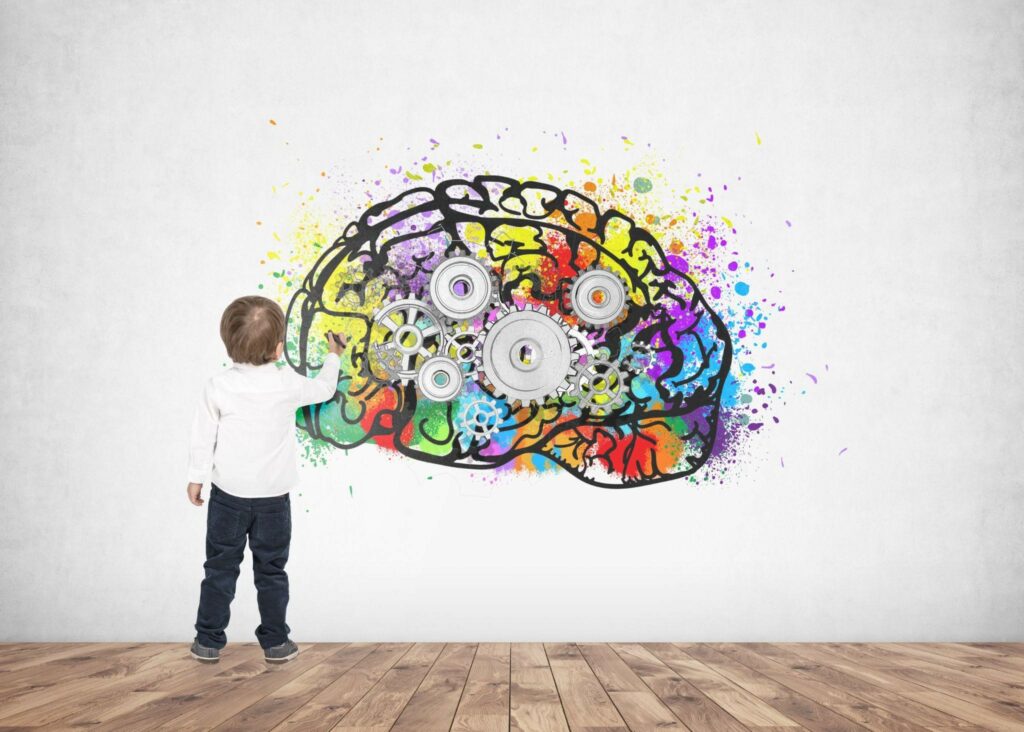Menu






















Source: Family Dynamics Counselor, Chan Tsz Wai
Under the current social trend, many parents are worried that their children will not be as smart as other children, that they will not be able to go to a good school, and that they will not have a future. But in fact, the earlier a child can sit still and listen to instructions, the better he or she will learn in the future.
We first need to understand the brain development of children. In simple terms, the brain can be divided into three layers, from the bottom to the top, in order of priority. The bottom layer is our brain stem and cerebellum, which is responsible for our basic survival functions, such as breathing, heartbeat, body movement, and body coordination; in the middle is our subcortical brain, also known as the sensory brain, because it is responsible for our emotions and memory; and the highest level is the cerebral cortex, where many parents want their children to be smart, to learn more, and to concentrate, which is responsible for our concentration, language, abstract thinking, and logical thinking.

However, parents should be aware that our brain development is not complete until our thirties, when our highest level of thinking brain development is achieved. In fact, it depends on whether our lower brain layer has a good foundation.
Children between the ages of zero and two are at the time when their lowest level of activity is developing most rapidly. So they need a lot of physical movement and sensory stimulation to help their brain development. If we force them to sit down too early, we will not be able to build a good foundation for their brains. Many studies now tell us that if we give children a lot of academic training too early in their lives, they will have relatively weak concentration, emotional regulation, self-confidence, or learning abilities. This is why we are seeing many children and adolescents with depression, anxiety, and other mental health problems at an early age.
In addition, children at this stage need to feel safe because their brains are not developed enough to calm themselves, so when they are uncomfortable or feel insecure, they will cry loudly for help. This is a natural need, and parents who encounter a child in this situation can hold him, pat him, or tell him, “Mommy is here!” Maybe he feels insecure when he goes to some unfamiliar place, and if the child establishes a healthy sense of security and parental relationship at this stage, this is actually a good foundation for future healthy development.

As for choosing a kindergarten, parents should know whether the school can match the growth and development of the child, or when the child is preparing for the interview, parents can go to the school earlier to observe the school and its surroundings and take their child to play so that he or she can get familiar with the environment. Before the interview, you can take him to play and tell him that the teacher will play with him and he may talk to you, so there is no need to put too much pressure on him and he does not know what will happen when he enters the school.
But finally, if parents find that their child’s development, such as language, self-care, and social skills, is not as good as that of children of the same age when he or she reaches the age of two, they should seek an assessment from a pediatrician as soon as possible to find the right way to help him or her.